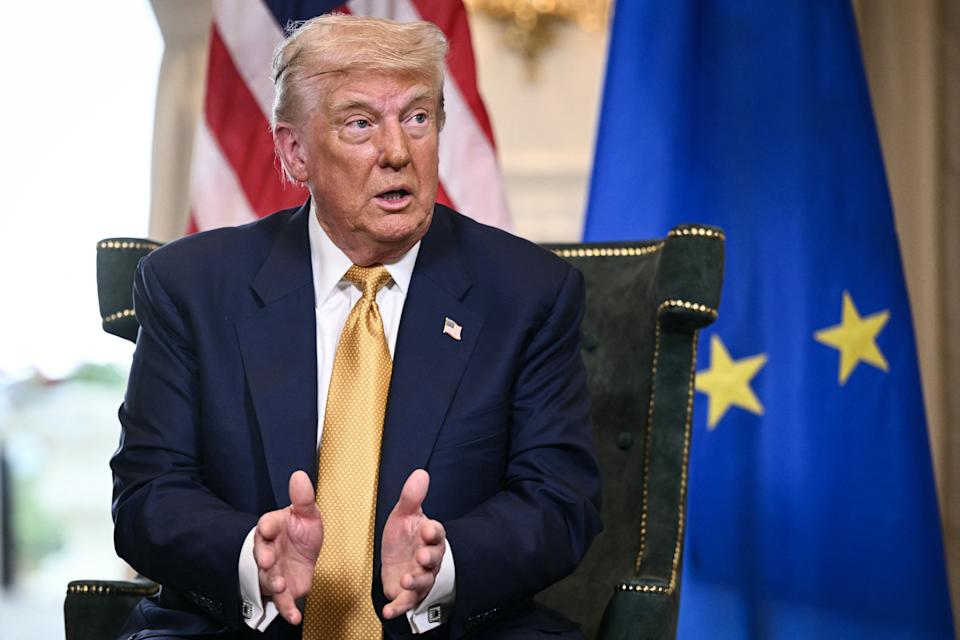
Japan Expects 1%-2% of $550 Billion US Fund to Be Investment
Key Points
- Japan expects only 1% to 2% of the $550 billion US fund to be direct investment, with the majority allocated to loans and loan guarantees.
- Tokyo anticipates saving approximately ¥10 trillion ($68 billion) through reduced tariff rates in its deal with the US.
- Profits from the investment portion will be split 90-10 in favor of the US, a shift from Japan's initial 50-50 proposal.
- The fund will support not only Japanese and US firms but also international companies, such as a Taiwanese semiconductor firm building in the US.
- Japan aims to implement the $550 billion fund during President Trump’s term, with government-backed organizations like JBIC and NEXI leading the financing.
Summary
Japan has agreed to a $550 billion fund with the US, but only 1% to 2% will be direct investment, with the rest primarily in loans and loan guarantees, as explained by chief negotiator Ryosei Akazawa. This structure, backed by Japanese institutions like JBIC and NEXI, aims to minimize Japan's financial exposure, with potential losses estimated at just tens of billions of yen. Profits from investments will be split 90-10 in favor of the US, a compromise from Japan's initial 50-50 proposal. Additionally, Japan expects to save ¥10 trillion ($68 billion) through lower tariffs, with rates anticipated to drop to 15% on cars and other goods. Akazawa emphasized that the fund isn’t a direct cash transfer to the US and will generate revenue through interest on loans and fees on guarantees. The initiative will also support international firms, such as a Taiwanese semiconductor company in the US. While Japan pushes for swift tariff reductions via executive order, details on implementation and timelines remain unclear, with no joint document signed yet. The deal, seen as a model by the Trump administration, aligns with a similar US-EU agreement involving $600 billion in investments and 15% tariffs. Japan aims to finalize the fund’s rollout during Trump’s term, balancing economic benefits with strategic concessions.
yahoo
July 28, 2025
Stocks


